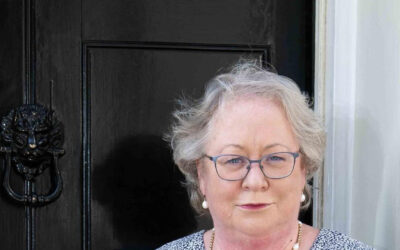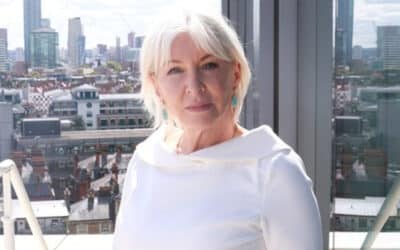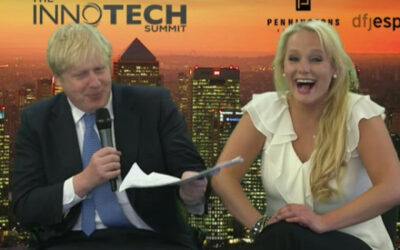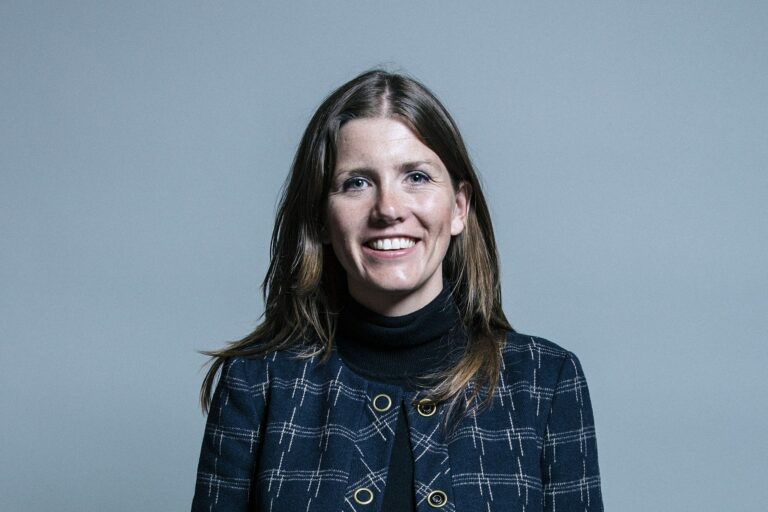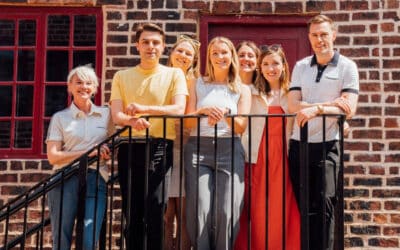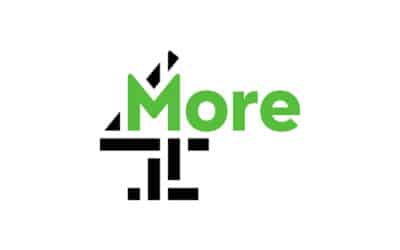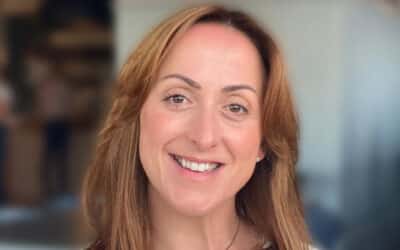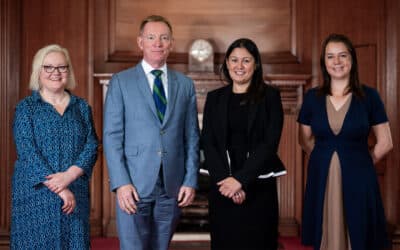New UK Prime Minister Liz Truss has been appointing her cabinet over the last 24 hours, so say hello to Michelle Donelan, the new secretary of state for culture at the Department for Digital, Culture, Media and Sport.
Donelan replaces Nadine Dorries, who resigned from the post on Tuesday morning. Dorries, despite being a former actor and aspiring romance novelist, was never a big hit with the sector she was supposed to represent.
This could have been in large part due to her apparent failure to understand the basics of the post she had been given. Dorries revealed to a government select committee hearing in November 2021 that she believed Channel 4 was publicly funded, although it is in fact funded by advertising, despite being publicly owned.
At a second committee hearing in May, she admitted that she was unaware she shouldn’t be sharing her Netflix password with friends outside of her household, while an ill-fated promotional video from April of this year saw Dorries referring to “downstreaming movies” and “tennis pitches,” with a predictable social media response.
Dorries is now gone, although she says Truss offered the option of retaining her role, so what do we know about her replacement?
New Culture Secretary Michelle Donelan, who previously served as Universtities Minister and had a brief stint at Education during this summer’s ministerial merry-go-round, was born and grew up in Whitley, Cheshire. So bonus points for being a Northerner, although as an MP she represents the constituency of Chippenham in South West England.
In 1999, at the age of 15, she gave her debut speech to the Conservative Party Conference in Blackpool, having decided to be a politician at the age of six. Donelan told the political blog Wonkhe in 2020 that she was converted to Conservative politics by the struggles she had watched her own father face running his small business as a child, presumably under a Conservative government for the vast majority of her life prior to Labour’s 1997 election victory.
She was educated at The County High School, Leftwich, and was awarded a bachelor’s degree in history and politics from the University of York, where she was also involved in York Student Television, working in roles from marketing to presenting.
Donelan’s dabbling in the media industry doesn’t end there. Her LinkedIn profile states that she has held marketing roles at Sky, from 2007-2010, where she “worked for AETN UK a Joint venture of BSkyB primarily on The History Channel,” and Australia’s Pacific Magazines for a year prior to her Sky role. She then rose to International Communications Marketing Manager at WWE between 2010-2014, which should at least give her some preparation for life in the Tory cabinet of recent years. Unsourced reports also claim she held a marketing role at Marie Claire magazine during this period.
Donelan has never given too much away about her opinions on any particularly juicy issues. We do know that she isn’t a fan of positive discrimination to help women into roles where they were previously underrepresented.
She told the Sheffield Star in 2010: “I was not forced into politics or given an easy ride as a woman. I would not condone this and find the idea terribly condescending. What matters is that we select the best candidates based on their skill set, not which boxes they tick to meet demographic correctness. Tell me what the point is in appointing women if you are shamelessly using and undermining us further?”
Beyond that, we may have to wait and see what her stance is on some fairly burning issues such as C4 privatisation, ad regulation, arts funding and the future of the BBC.
On a general level, from parliamentary vote aggregation site They Work For You we so far know that Donelan is a leaver who has generally voted pro-reducing benefits (21 votes for, zero against, four absences, 2015-2021) and pro-reducing local government spending. She voted against equal gay rights in the one vote she attended in 2019, and against more general human and equal rights options six times between 2015 and 2019, with no votes in favour and one absence. She has also traditionally opposed preventing climate change, instituting proportional representation and abolishing the House of Lords.
Moving somewhat closer to the media industry, her voting record shows that she is in favour of mass surveillance of communications (three votes for, zero against in 2016), and in favour of mass retention of information about communications (two votes for, zero against, again in 2016).
Whether she understands Channel 4’s publicly owned/privately backed funding model, we can only wait to find out.

